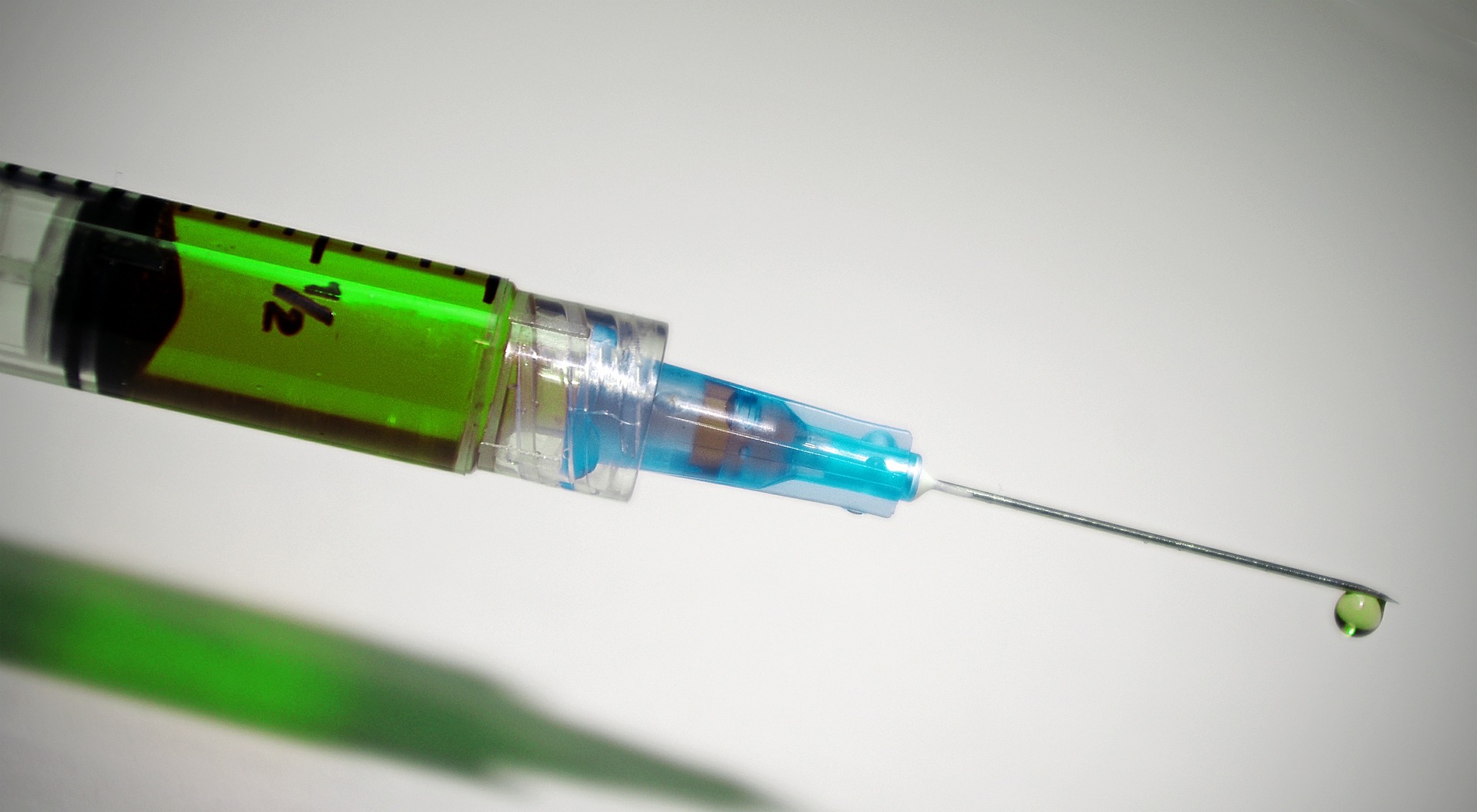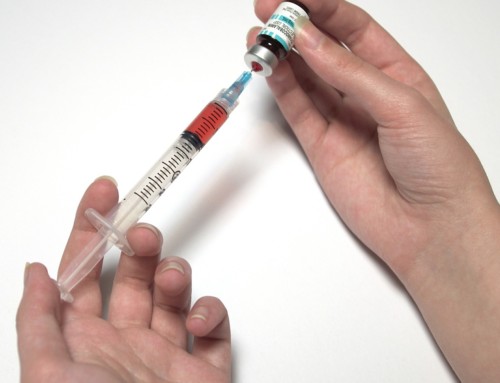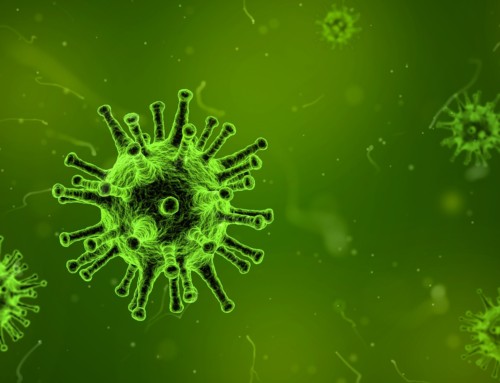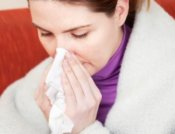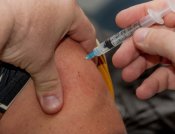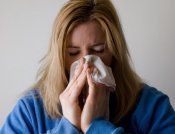An undergraduate student at California State University San Marcos has been diagnosed with mumps and may have exposed others on campus between Sept. 6-9 and 12-14, the San Diego County Health and Human Services Agency reported today.
The student lived off campus and was up-to-date with mumps vaccinations, but was diagnosed with the highly contagious viral disease by blood tests reported to the County this week. The student was not hospitalized and has recovered.
People on the university campus between 9 a.m. and 4 p.m. on September 6-9 and 12-14, may have been exposed to mumps, particularly in Science Hall1, Science Hall 2 or Markstein Hall. Individuals can become ill with mumps 12-25 days after exposure.
This case is not related to the possible mumps exposure at the Casbah music venue on August 28. It is not known where the student was exposed to the viral illness.
“Cal State San Marcos is working closely with the County to notify individuals who were directly exposed to the person with mumps,” said Wilma Wooten, M.D., M.P.H., County public health officer. “We are encouraging immunizations for students and staff who are not up-to-date.”
The Centers for Disease Control and Prevention has reported 1,897 mumps cases across the country so far this year, the largest number of cases since 2010 when 2,612 cases were reported. Several colleges and universities had mumps outbreaks in the 2015-2016 school year; the two largest outbreaks were from Iowa and Illinois involving several hundred students. The University of San Diego had a small outbreak of 13 cases in March and April that was controlled with a mass vaccination campaign.
Mumps is a highly contagious viral disease. It is spread by coughing, sneezing or close contact with an infected person. Mumps causes a fever, headache, earache, and inflammation of the salivary glands which results in swelling and tenderness at the angle of the jaw. Anyone who thinks that they may have mumps should contact their provider before going for care so proper precautions can be taken to prevent exposure to others.
Severe complications are rare, but can include meningitis, decreased fertility, permanent hearing loss, and, in extreme cases, fetal loss during first trimester of pregnancy. There is no treatment for mumps. Most people recover without problems.
The best way to prevent mumps is by getting the MMR (measles, mumps and rubella) vaccine. Two doses of the vaccine are recommended—one at 12 to 15 months of age and another at 4 to 6 years of age. A third booster shot is recommended for those in close living conditions when there is an outbreak.
Stop by at MD Today Urgent Care to get the MMR vaccine if you live within or regularly commute to the San Marcos area.
#####
Come on in to MD Today Urgent Care if you feel that you have been exposed to any viruses.
MD Today has two locations, in Carmel Valley and Scripps Ranch. Walk ins are welcome. We are open weekends from 8am-8pm weekdays and 8am-6pm weekends.
For more information on MD Today Urgent Care, visit https://mdtoday.com or give us a call at 858-720-0554.
